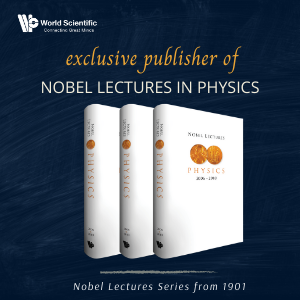There can be little doubt now that 90-99% of the Universe comprises dark matter. Hence it is of critical importance now not just to pursue further evidence for its existence but rather to identify what the dark matter is. Assessment of progress in this area was the objective of the first International Workshop on the Identification of Dark Matter, in particular to consider what techniques, both observational and experimental, are currently being used, how successful they are now and what new techniques will improve the prospects of identifying the likely candidates. The meeting included reviews on major particle astrophysics topics in dark matter but was largely devoted to short contributed talks on new work in the field. This book is the written proceedings of the meeting.
Contents:
- Dark Matter in the Universe:
- Nucleosynthesis
- Microwave Background
- Large Scale Structure — Theory and Observation
- Local and Galactic Dark Matter
- Particle Physics and Cosmology
- Baryonic Searches:
- Introduction to Baryonic Dark Matter
- Observational Evidence for Baryonic Dark Matter
- Microlensing Evidence for Dark Matter
- Next Generation Astronomical Searches
- Non-Baryonic Searches:
- Introduction to Non-Baryonic Dark Matter
- WIMP Detectors — Strategies for Signal Identification
- Axion Detectors — Running and Planned Detectors
- WIMP Detectors — Running and Planned Detectors
- WIMP Detectors — Prospect for Directional Sensitivity
- Neutrino Dark Matter Searches
- Indirect Detectors — Strategies for Signal Identification
- Next Generation WIMP Detector Techniques?
- Implications for Astrophysical Neutrino Detectors
Readership: Researchers in astrophysics, high energy physics, nuclear physics, experimental physics and condensed matter physics.






















